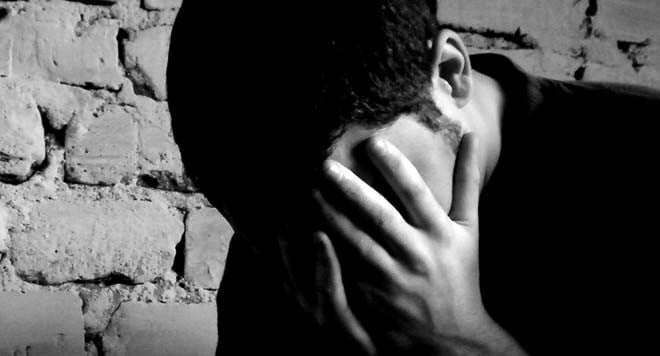

Finding someone suffering from obsessive compulsive disorder (OCD) is a difficult job in our part of the world -- because people are either not ready to accept the reality of OCD and the stigma attached to it or they are not willing to express it.
After a long search, only a couple of people came forward to talk about the issue and how they cope with the situation in their daily lives. While they reluctantly share various types of obsessions they experience and how they try to live with them, they believe it is not easy to cope with them in everyday life, especially without the support of family and friends. They agree that the desire to change starts from within -- to be able to accept it and talk about it.
"I think accepting OCD as a kind of anxiety disorder is the first step towards overcoming it. I have tried to do the same," says Muhammad Raza who is in his late 40s. "The problem intensifies when I am not ready to accept it, and this factor severely interferes with my life in various ways," he adds. Raza is overly careful about personal hygiene. In the past year or so, he has spent a lot of time researching his problem and its cure.
He has tried consciously to deal with the situation, "I find it difficult to meet people, shake hands with them or embrace them. I spend quite some time in the washroom, washing my hands and face. I have tried hard to change. I have talked to myself about it," he says, adding, "I think I have improved quite a bit over the past three years."
For OCD sufferers, family matters. "My parents are cooperative and helpful. They convinced me that I hold the key to change things -- for the better," says Ali Khan, a businessman in his 20s. "I have made a mockery of myself among people around me due to my queer behaviour."
Khan is a mild case of OCD. He was obsessed about checking locks in his home and office and switching off lights. Over time, he has tried some medication and psychotherapy. But, he thinks, a number of self-help things are the best way to counter the symptoms. "I realised one day that I had to come out of it, because I was suffering and so was my business," he says.
Aniqa Rehman, not her real name, believes in self-help solutions too. "I try to think about what situations make me anxious, which situations should be avoided. But the problem is, when you are in a situation, you feel powerless about it," she says.
Rehman is a student and believes she will be able to overcome her situation. "Acceptance is the first step to taking steps to control your anxiety. But it’s not an easy thing. For example, I have this habit of ironing my clothes for a long time. No, to ensure they have been properly pressed, I should reduce the time I take, say, from half an hour to 20 minutes, and so on. It is easier said than done," she says.
There are other ways to fight OCD. "For example, I write down my obsessive thoughts or worries. I keep a copy and pencil. This helps me see how repetitive my obsessions are. Writing down the same phrase or urge hundreds of times will help it lose its power."
Rehman has also tried a mix of things such as online help and a healthy, balanced lifestyle. "I think that plays a big role in keeping OCD behaviour, fears, and worry at bay. I have been told that exercise is a natural and effective anti-anxiety treatment. It helps control OCD symptoms by refocusing the mind when obsessive thoughts get teasing.